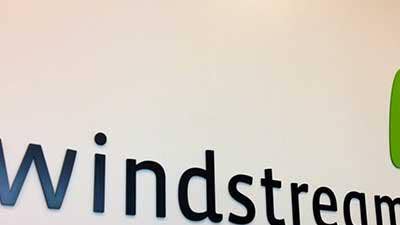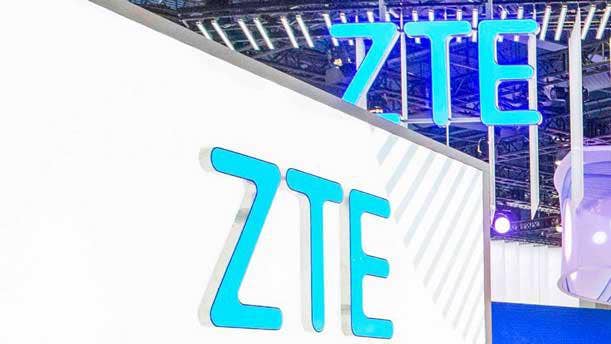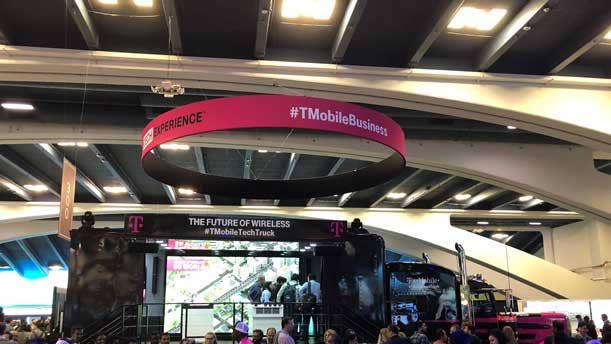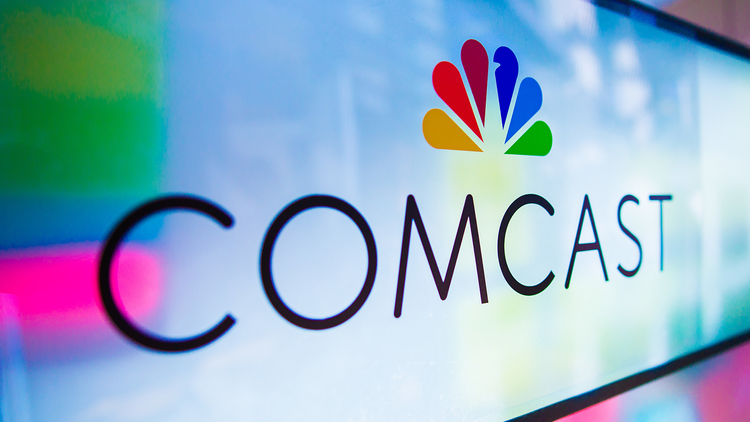The 10 Biggest Telecom News Stories Of 2018
From megamerger drama to the heated race to 5G, here are the 10 biggest telecom news stories of 2018.

The Year Of Coming Together
2018 was the year of full-blown merger mania as telecom and cable giants came together and industry consolidation continued. The race is on to build up content portfolios and expand footprints, and service providers took advantage of a seemingly more acquisition-friendly Federal Communications Commission to grow inorganically this year.
But mergers weren't the only thing keeping the telecom industry busy in 2018. After 5G standards were officially finalized in June, carriers began jumping over each other in their race to the market with brand-new—and lightning-fast—5G services for consumers.
Without further ado, here are the 10 biggest telecom news stories of 2018.

- 10. Windstream Scoops Up Mass Communications for $37.5 Million
Telecom service provider Windstream grabbed up privately held telecom network management provider Mass Communications for $37.5 million in April. Little Rock, Ark.-based Windstream said that it pursued the transaction to bolster its networking portfolio.
Combined, Windstream and Mass Communications, a 100 percent channel-focused provider, is delivering a broader range of custom voice, networking and global cloud offerings, as well as managed SD-WAN and security offerings for small and midsize companies.

9. Globalstar, Fiberlight Merge In $1.65 Billion Deal
Satellite communications provider Globalstar first revealed plans in April to merge with telecom network provider FiberLight in a $1.65 billion megadeal that would bring together satellite, wireless and fixed broadband assets.
The combination of the two companies also included investment firm Thermo Acquisitions because it was led by Jay Monroe, GlobalStar's chairman and CEO, who also is the controlling shareholder of Thermo Acquisitions, which backs FiberLight. The new, single entity is called Thermo Companies, and the company offers global wireless spectrum assets.

8. ZTE Runs Into Trouble
In April, Chinese telecom equipment maker ZTE was handed a seven-year buying ban after the company was caught for a second time selling banned U.S. technology to North Korea and Iran, which violated U.S. trade agreements. As a result, ZTE was forced to shutter its major operations. In June, the U.S. Department of Commerce reached a settlement to help keep the failing telecom in business. The deal required ZTE to pay a $1.4 billion fine and it had to change its board of directors and executive team. In turn, ZTE was freed up to once again buy tech components from U.S. suppliers, including from Qualcomm, Corning and Google.
The company, however, landed in hot water in November when U.S. senators asked the Trump administration to investigate whether ZTE once again violated U.S. sanctions by helping Venezuela set up a database that monitors the behavior of its citizens.

7. Verizon Closes Straight Path Deal For $3.1 Billion
Verizon's hard-fought, monthlong bidding battle with competing carrier AT&T came to a close in February after Verizon completed its purchase of wireless spectrum holder Straight Path Communications for $3.1 billion in an all-stock transaction.
Verizon, based in Basking Ridge, N.J., said at the time that the deal means valuable millimeter wave (mmWave) spectrum licenses that cover the entire U.S., including within the top 40 markets. Straight Path's hard-to-come-by 39GHz and 28GHz wireless spectrum licenses can be used to develop 5G networks, a major factor in why the provider was appealing to both AT&T and Verizon as the two providers aggressively build out their next-generation networks.

6. Comcast Wins Bidding War Over U.K. TV Provider Sky
After a back-and-forth tussle over British media and TV provider Sky PLC, cable giant Comcast came out on top, finally acquiring the European content leader for $38.8 billion in September.
Comcast went up against 21st Century Fox—the very same business unit it was also trying to acquire this year—for Sky's media content. 21st Century Fox upped its bid in July to $32.5 billion, beating out Comcast's offer of $30.7 billion. Comcast said that the Sky deal will help it become the global leader across broadband, video and content.

5. T-Mobile Plans To Buy Sprint For $26.5 Billion
T-Mobile and Sprint, the third and fourth biggest wireless providers in the U.S. respectively, spent 2018 working on their third merger attempt. The two telecoms are currently facing pushback from several groups, including the Communications Workers of America (CWA), Consumer Reports, and the American Antitrust Institute, which have called the deal anti-competitive and noted concerns around lost jobs. The deal, if ultimately approved, could close in 2019.
The latest merger attempt values Sprint at $26 billion and T-Mobile at $55 billion without debt. T-Mobile would be the parent company and would be run by T-Mobile's current CEO, John Legere.

4. Comcast Drops Out Of Battle Over 21st Century Fox
Comcast was embroiled in a battle with the Walt Disney Co. this year over Fox's entertainment arm, 21st Century Fox, but the Philadelphia-based cable giant dropped out of the race in July.
Disney originally offered to acquire 21st Century Fox in December 2017, and was later bested by Comcast with an all-cash offer of $65 billion in May. Disney in July countered with a $71.3 billion offer, and Comcast answered by leaving the negotiation table after it said it would instead turn its full attention to acquiring U.K.-based TV provider Sky. Disney, the winner of 21st Century Fox, is expected to close the deal in the first half of 2019.

3. Carriers Roll Out First-Ever 5G services
On Oct. 1 Verizon pushed what it called "the world's first" commercial 5G service, Verizon 5G Home, live in four cities: Houston, Indianapolis, Los Angeles and Sacramento, Calif. Later that month, carrier competitor AT&T unveiled its own plan to roll out its standards-based mobile 5G network and a mobile 5G device to 19 markets by the end of 2018 and into 2019. ZTE in November announced that it completed a voice call and delivered an internet and WeChat connection over 5G mobile technology, and T-Mobile in November also completed its first data transmission over 5G.
While early 5G services are being directed at consumers, businesses can also look forward to the latest iteration of wireless technology that promises speeds as much as 1,000 times faster than 4G, according to solution providers.

2. The 5G Race Reaches Fever Pitch As Standards Becomes Finalized
The buzz around the latest next-gen networking technology came to a head this year with the official 5G standards being approved.
In June, 3GPP, the international wireless standards body, signed off on the stand-alone 5G New Radio specification. With the standard in place, hardware, chipset and device manufacturers could start development on the antennas, phones, chips, and infrastructure that can support the high speeds that 5G promises. Since then, carriers have been racing to promote their own 5G strategies and services.

1. AT&T/Time Warner Megamerger Drama Ensues
Following a heated acquisition process that lasted more than a year and a half, AT&T was finally granted permission to acquire media giant Time Warner for $85.4 billion in June, and the telecom closed the deal days later.
However, the Department of Justice didn't take the outcome laying down. The DoJ appealed the AT&T-Time Warner megamerger in August, saying that the merger would stifle competition and allow the company to raise prices on its customers and rival cable companies that buy Time Warner's content portfolio. A three-judge panel is set to hear arguments from both sides December, and Dallas-based AT&T has said that it is "very confident" that it will prevail.